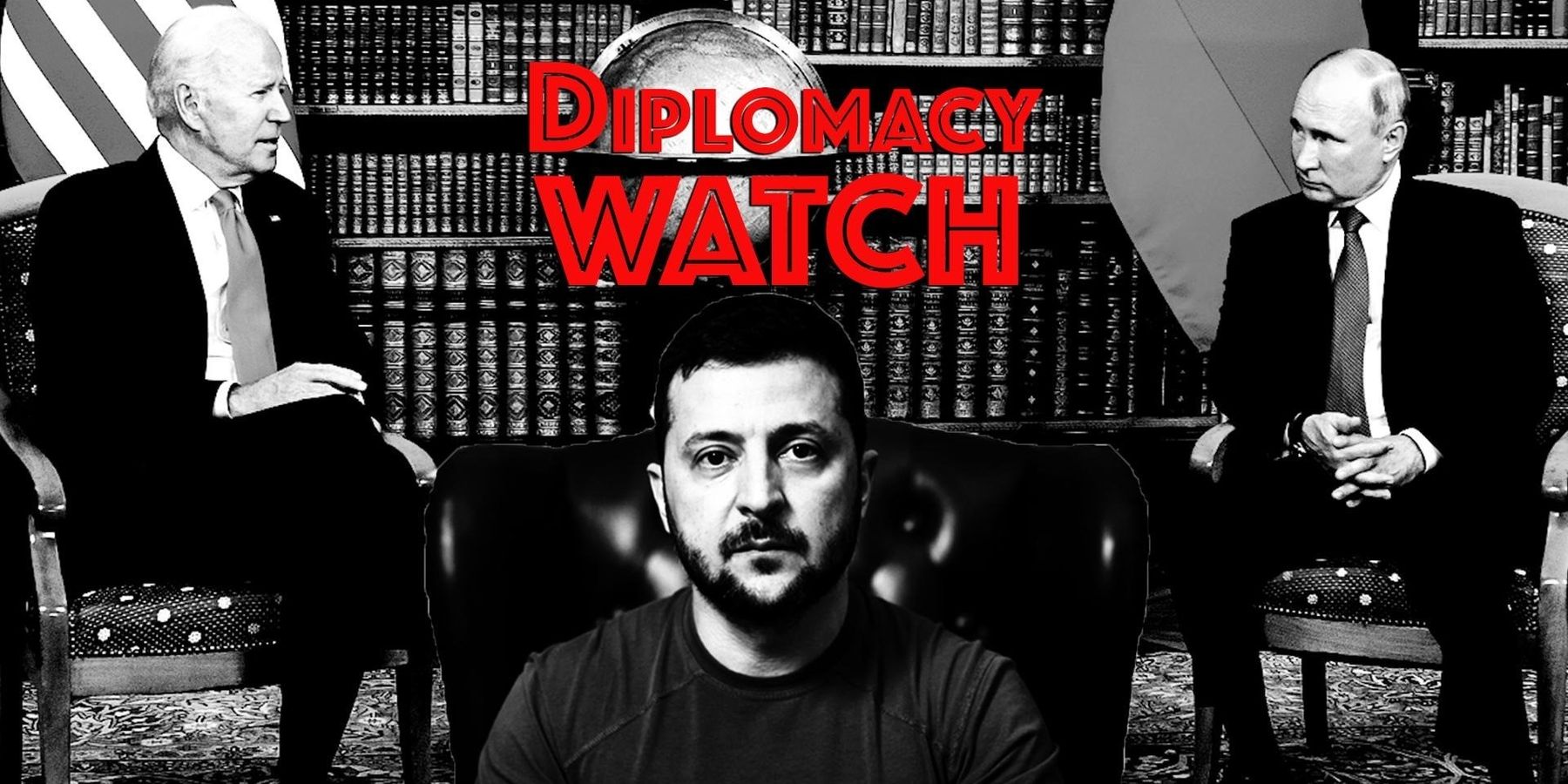Russian President Vladimir Putin said on Thursday that he would be open to peace negotiations with Ukraine.
“Are we ready to negotiate with them? We never refused, but not on the basis of some ephemeral demands, rather on the basis of the documents which were agreed on and actually initialed in Istanbul,” said Putin during remarks at an economic forum with leaders from Malaysia and China.
Putin is referring to negotiations that took place in Istanbul just weeks after Russia launched its invasion of Ukraine in February, 2022. At that time, Kyiv and Moscow were reportedly close to a deal in which Kyiv would have agreed to reduce the size of its military, refrain from joining NATO but be free to pursue membership of the European Union. Those talks ultimately failed, with continued debate about whether Western countries moved them in that direction.
The Russian president also suggested that Brazil, China, and India could mediate new talks to end the war. His comments come just weeks after Russian officials dismissed limited, indirect talks with Kyiv in response to Ukraine’s invasion of Russia’s Kursk region last month.
Some observers have questioned whether Putin’s apparent desire for talks to end the war is sincere, but there’s also no reason Western leaders shouldn’t try to find out.
“On a stage with Asian leaders, including from China, he knows it’s important to rhetorically embrace talks no matter his real intentions,” Samuel Charap, a Russia expert and senior political scientist at RAND, told the Wall Street Journal. He added: “Western capitals tend to tune in when he rejects talks and tune out when he embraces them. … But until someone actually tests the proposition we’ll never know what his real intentions are. If it’s a bluff, you only know when you call it.”
Meanwhile, Ukrainian Foreign Minister Dmytro Kuleba announced his resignation this week as part of a cabinet reshuffle President Volodymyr Zelensky hinted at last week. Reacting to the news, Zelensky said his country needs “new energy, and that includes in diplomacy.”
It’s unclear whether Kuleba’s departure will result in Kyiv pushing for negotiations to end the war, nor whether Zelensky would now be open to any concessions, including accepting a partition of Ukrainian territory, as part of any wider agreement. He has previously been unwilling to entertain such concessions.
In other Ukraine war news this week:
— Poland scrambled fighter jets as Russia launched missile strikes on the Ukrainian city of Lviv this week, close to the Polish border, according to CBS News. "I'm personally of the view that, when hostile missiles are on course of entering our airspace, it would be legitimate self-defense (to shoot them down) because once they do cross into our airspace, the risk of debris injuring someone is significant," said Polish Foreign Minister Radoslaw Sikorski.
— Ukrainian Defense Minister Rustem Umerov met with Defense Secretary Lloyd Austion last weekend in an effort to lift restrictions on the use of American made weapons. “We have explained what kind of capabilities we need to protect the citizens against the Russian terror that Russians are causing us, so I hope we were heard,” told CNN.
















